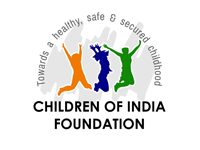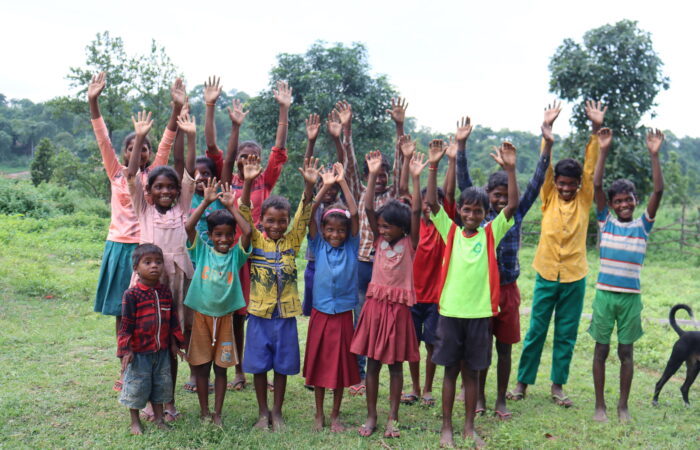Education is a fundamental human right that empowers individuals, strengthens communities, and drives socio-economic development. Unfortunately, millions of children and adults worldwide lack access to quality education, trapping them in a cycle of poverty and limiting their potential. However, the Children of India team is dedicated to education and are working tirelessly to break these barriers, transforming lives and paving the way to a brighter future.
Top 5 ways to transform lives through education.
Top 5 ways are access to education, quality education, empowering Marginalized communities, holistic approach and advocacy influencers. We can discuss these impactful ways below;
Access to Education:
CIF plays a vital role in ensuring access to education for vulnerable populations, including children from low-income families, refugees, and girls facing gender inequality. We establish schools in remote areas, slums, and conflict zones, bridging the educational gap and bringing learning opportunities to those who need it most. By building infrastructure, providing resources, and training local teachers, we create safe and inclusive learning environments for students who would otherwise be left behind.
Quality Education:
Education is not just about attending school; it’s about receiving a quality education that equips individuals with the knowledge and skills they need to thrive. We focus on improving the quality of education by developing innovative teaching methods, curriculum enhancement, and teacher training programs. By investing in professional development for educators, we ensure that students receive relevant, up-to-date, and engaging instruction that prepares them for the challenges of the future
Empowering Marginalized Communities:
We recognize that education is a powerful tool for empowerment. By educating marginalized communities, we help individuals gain confidence, critical thinking abilities, and the skills necessary to break the cycle of poverty. Education empowers people to make informed decisions, advocate for their rights, and contribute to the social and economic development of their communities. Through this, we are fostering a sense of agency and enabling individuals to become change agents in their own lives.
Holistic Approach:
We adopt a holistic approach to education, recognizing that it extends beyond the classroom. We address the multifaceted needs of students by providing nutritious meals, healthcare services, and psychosocial support. By addressing these basic needs, our team ensures that children can fully engage in the learning process and overcome barriers that may hinder their educational journey. This comprehensive approach contributes to the overall well-being and success of the students.
Advocacy and Policy Influence:
We are not only directly involved in providing education but also play a crucial role in advocating for policies and reforms that promote equitable and inclusive education systems. Our team collaborates with governments, international organizations, and local communities to influence policies, secure funding, and implement educational initiatives. Through our advocacy efforts, we contribute to shaping education policies that benefit the most marginalized populations and ensure sustainable change at a systemic level.
A Case Study on School Health Program:
Saumya and several other children eagerly joined the school with the help of a School Health program, where they were greeted by passionate and dedicated teachers. These educators believed that every child deserves a chance to learn and grow, regardless of their background or financial situation. They instilled a love for learning within the students, fostering an environment of creativity, curiosity, and compassion.
With the support of the CIF & School Health Program, the school expanded its reach, and more children like Saumya were able to receive an education. The foundation not only provided free schooling but also scholarships for higher education and vocational training programs. They recognized that education went beyond textbooks and classrooms—it encompassed a holistic development of skills, values, and character.
Conclusion:
We are at the forefront of transforming lives through education, breaking the cycle of poverty, and empowering communities. Their tireless efforts in ensuring access, quality, and inclusivity in education have a profound impact on individuals, enabling them to reach their full potential and contribute meaningfully to society. We firmly believe that education serves not only as a means for personal development but also as a catalyst for social progress and transformation. By supporting and partnering with our partners, we can collectively work towards a world where education is a right for all, irrespective of their circumstances.


